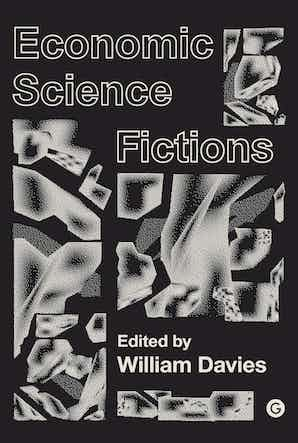383 pages
English language
Published Nov. 19, 2018

383 pages
English language
Published Nov. 19, 2018
"Economics and science fiction rarely have much to do with each other. As a discipline, economics is far removed from creative writing. Science fiction arguably tells us little about the reality of day-to-day capitalism. Economic Science Fictions challenges and changes that. By treating our economy as a series of 'fictions' - stories and expectations regarding the future - and treating science fiction-writing as a means of anticipating different economic futures, this book offers various imaginative and surprising new syntheses. It brings together social science with fiction-writing; critique of everyday economic life with visions of alternatives; design with politics; utopias with dystopias; and academic scholarship with new styles of writing. Rooted in a sense that contemporary 'economic reality' is no longer working and no longer credible, it explores how we might draw on imagination and the inherent uncertainty of the future, both to revitalise economic thinking, and to re-imagine the present. …
"Economics and science fiction rarely have much to do with each other. As a discipline, economics is far removed from creative writing. Science fiction arguably tells us little about the reality of day-to-day capitalism. Economic Science Fictions challenges and changes that. By treating our economy as a series of 'fictions' - stories and expectations regarding the future - and treating science fiction-writing as a means of anticipating different economic futures, this book offers various imaginative and surprising new syntheses. It brings together social science with fiction-writing; critique of everyday economic life with visions of alternatives; design with politics; utopias with dystopias; and academic scholarship with new styles of writing. Rooted in a sense that contemporary 'economic reality' is no longer working and no longer credible, it explores how we might draw on imagination and the inherent uncertainty of the future, both to revitalise economic thinking, and to re-imagine the present. This book will appeal to those working in cultural studies, creative writing, sociology, political economy and history of economic thought. Above all, it provides fresh and unusual perspectives for anyone who believes that the economy is too important to be left to the dry technicalities of economics"--